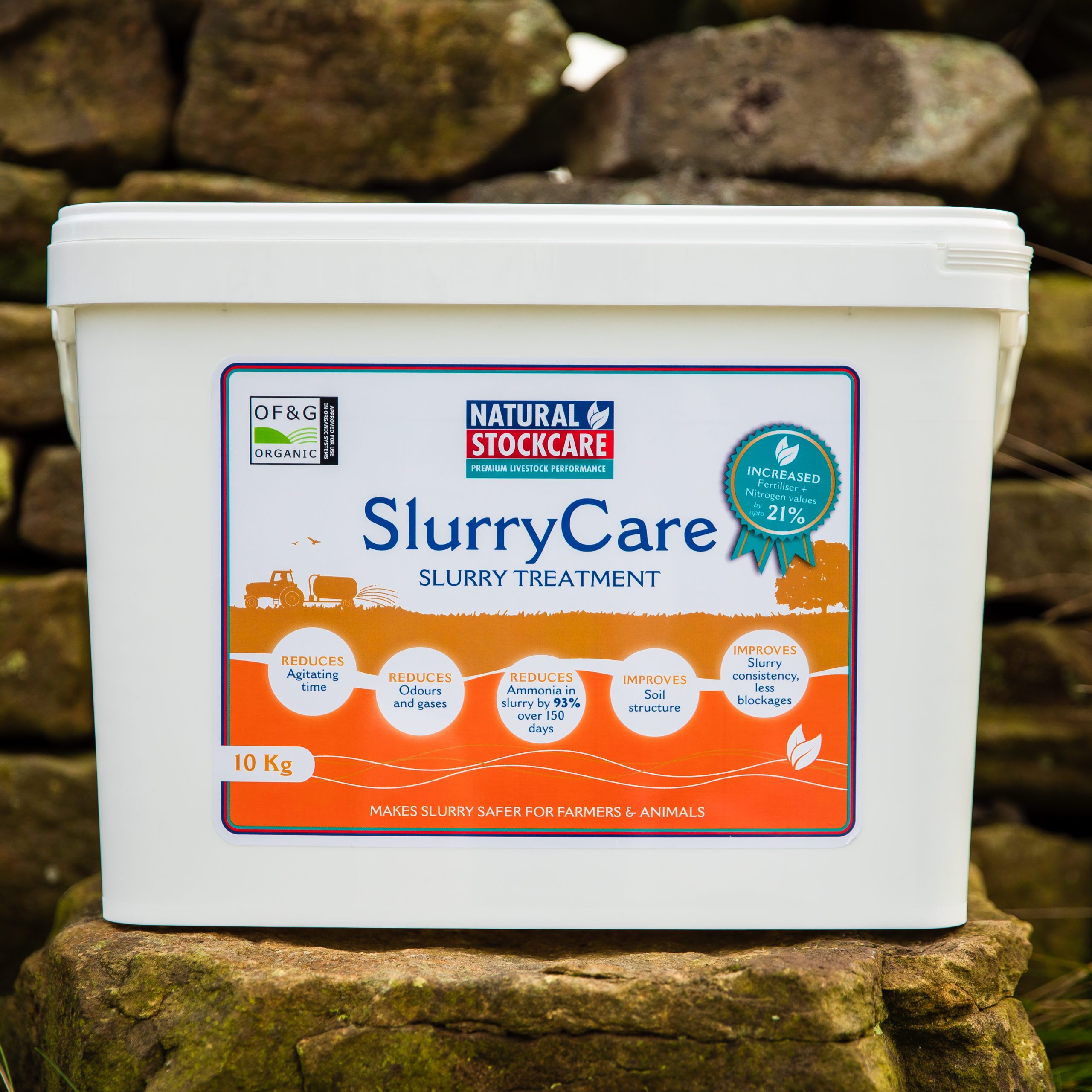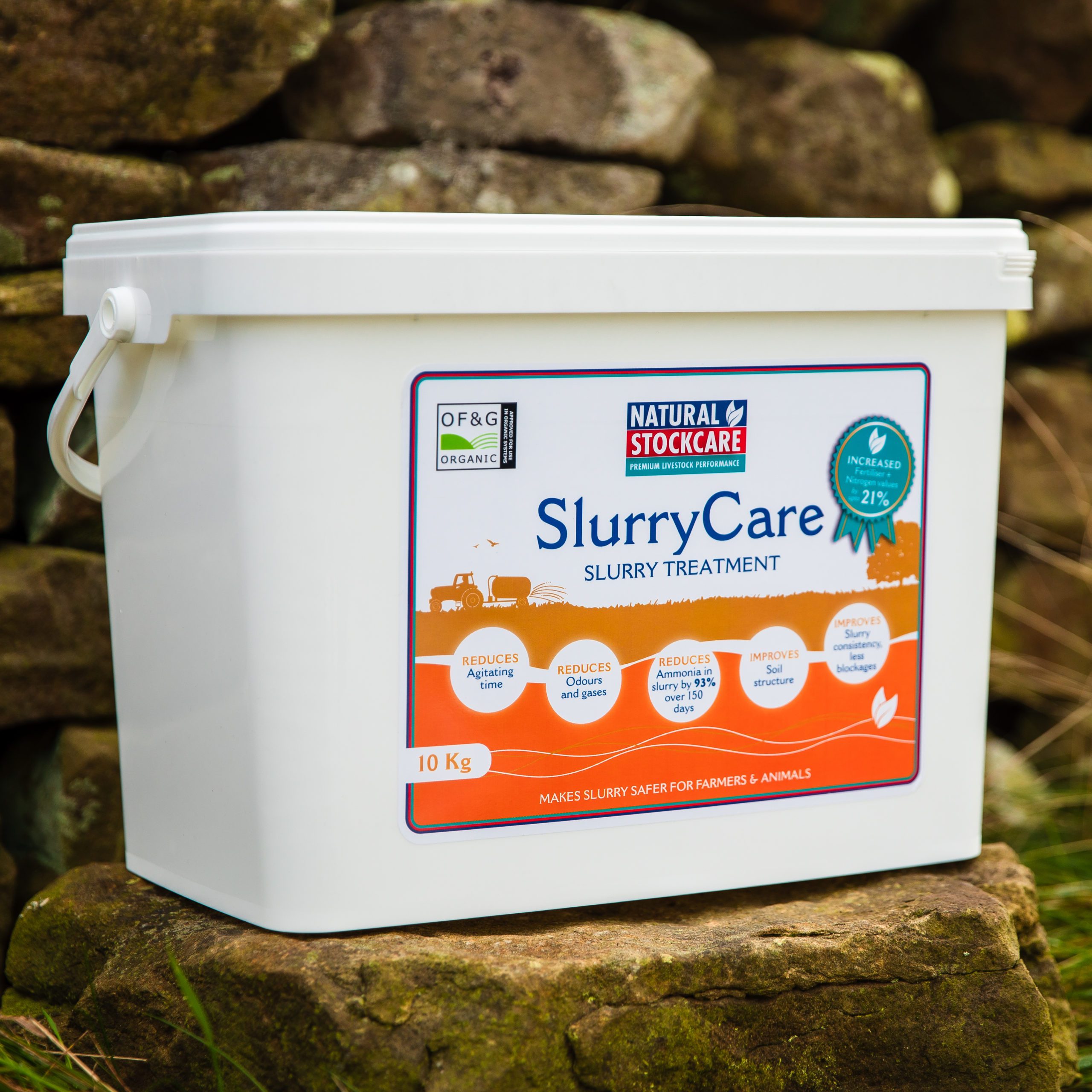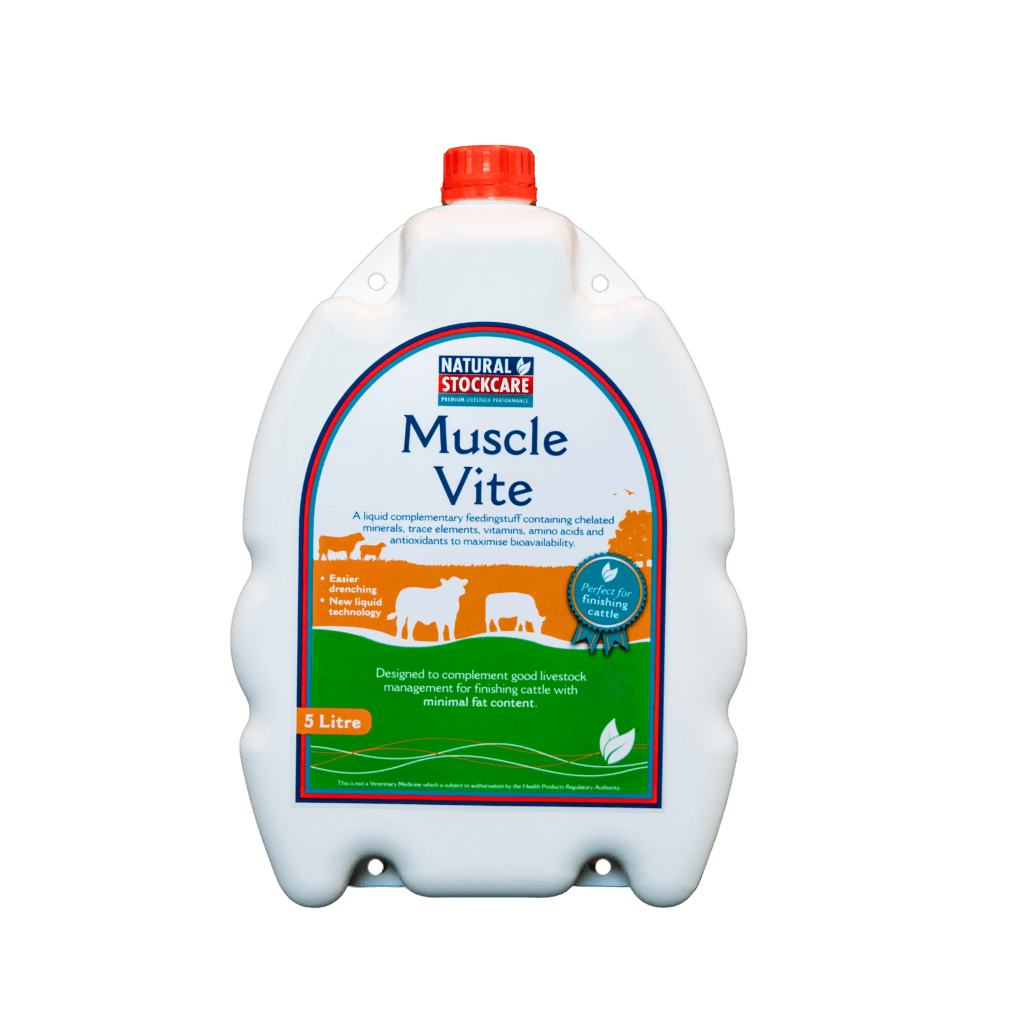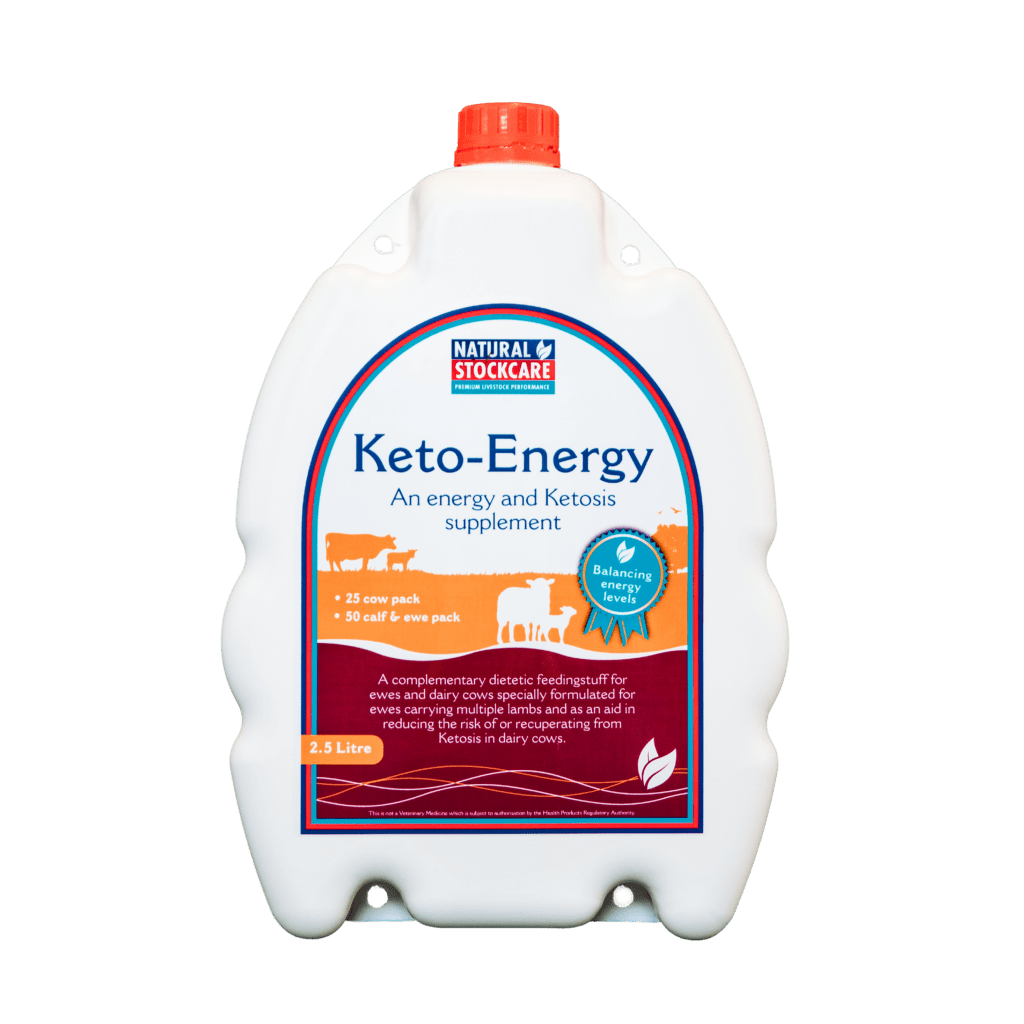Product information
- SlurryCare’s unique blend of bacteria and enzymes efficiently breaks down organic matter in slurry. This reduces crusting and blockages and improves the slurry’s consistency, saving farmers time and resources by reducing agitation time, labour costs and other inputs like diesel.
- By leveraging the power of beneficial microbes, SlurryCare ties up ammonia – which is often lost as a gas to the environment – as microbial protein, improving the nitrogen value of the slurry by up to 21%. This process preserves the microbial protein that feeds soil bacteria when applied to the land, enhancing soil structure and health.
- Significant Reduction in Ammonia Emissions: With the ability to reduce ammonia in the slurry by 93% over 150 days, SlurryCare aids in environmental conservation efforts and contributes to the growth of a healthy earthworm population. This, in turn, improves soil structure, drainage, and nutrient availability, promoting sustainable farming practices.
- Treated slurry with SlurryCare becomes a nutrient-rich fertiliser that boosts soil health and productivity. The increased availability of nutrients optimises crop growth, leading to better farm productivity.
- In trials, it was found that the extra bacteria tied up an additional 0.37g of nitrogen per litre, leading to a return ratio of 5:1 Plus, with each 1kg of SlurryCare treating up to 150,000 litres of slurry, farmers can enjoy economic benefits alongside enhanced farm productivity and sustainability.
SlurryCare: Promoting Sustainability and Efficiency in Farming
In the current landscape of agriculture, the escalating costs of conventional fertilisers and the need for sustainable farming practices are central challenges. SlurryCare, an innovative product, addresses these issues by enhancing the quality and utility of slurry, a by-product of livestock farming, turning it into a valuable resource.
Efficient Breakdown and Liquification of Slurry
SlurryCare promotes the growth of beneficial bacteria and enzymes within the slurry. The enzymes expedite the decomposition of organic matter, converting the slurry into a more liquid form. This liquefaction process improves slurry management, facilitating more efficient stirring and pumping, thereby saving time and energy (Møller et al., 2000). Moreover, the liquefication of slurry assists in reducing the formation of a crust on the slurry surface, which is linked with greenhouse gas emissions (Chadwick, 2005). This feature of SlurryCare contributes to a more sustainable and less polluting farm environment.
Enhanced Nitrogen Retention and Soil Health
A key feature of SlurryCare is its ability to conserve nitrogen, a vital plant nutrient often lost from slurry due to ammonia volatilisation. The process involves the conversion of ammonia into microbial protein, which is more stable and less prone to volatilisation. This conversion leads to a nutrient-rich slurry that significantly enhances soil health when used as fertiliser (Hao et al., 2004).
Adding microbial protein enriches the soil with beneficial microbes, which play a critical role in nutrient cycling, thereby improving the availability of nutrients to plants. These microbes also contribute to soil structure, promoting its aeration and water retention capacity, which are essential for plant growth (Lynch and Bragg, 1985; Ge et al., 2017).
Sustainable Farming and Environmental Stewardship
Solutions like SlurryCare are pivotal in the global push towards sustainable farming and environmental conservation. For example, research from Teagasc, Ireland’s Agriculture and Food Development Authority, underscores the role of effective manure management strategies, including treatment and efficient use of slurry, in achieving sustainable farming systems (Schulte et al., 2010). Similarly, the Department for Environment, Food and Rural Affairs (DEFRA) in the UK emphasises that proper slurry management is essential in reducing the environmental footprint of farming (Defra, 2010). Furthermore, by enhancing the fertiliser quality of slurry, SlurryCare helps to decrease reliance on synthetic fertilisers, the production and misuse of which can lead to greenhouse gas emissions and water contamination (Foley et al., 2011). These insights align with research from University College Dublin, which suggests that manure-based fertilisers, when managed appropriately, can be a sustainable alternative to conventional fertilisers (Regan et al., 2017).
Innovative solutions like SlurryCare offer a promising way forward in an era of increasing fertiliser costs and environmental concerns. By leveraging the natural power of bacteria and enzymes to enhance the utility of slurry, these solutions present farmers with a sustainable and efficient alternative to traditional chemical fertilisers.













